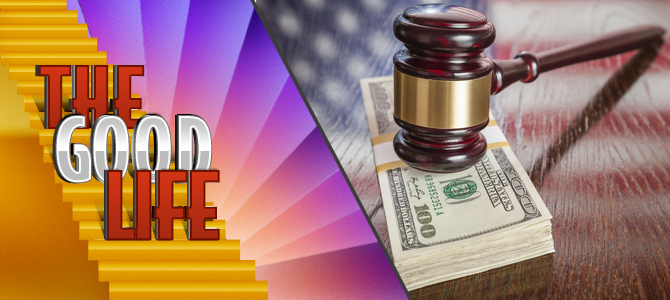The opening of my latest column at EveryJoe:
“Bad things happen in free markets. Some people lie, cut corners, commit fraud, and write bad checks. Others renege on contracts, offer or accept bribes, give kickbacks, embezzle, and more.
“Often this translates into an argument for government regulation. Free markets maximize liberty, the argument runs, so they give much more scope to immoral individuals, so government regulation is needed to rein in the immorality.
“Countering that is a claim that free markets can do a good job of policing themselves. Firms and individuals are concerned with their reputations, so successful ones especially will guard themselves against scandal. Savvy customers can look after their interests, do their homework before buying, and spread the word about mistreatment. And litigation is always a fallback for the serious cases of bad behavior …” [Read more here.]
Previous column in The Good Life series: Can We Blame Keynes for Keynesianism?

For a somewhat extreme example one can point to the harm done by the church during the time of the inquisition compared to the harm done by it today. The harm done by a corrupt individual or institution backed by the coercive might of the state is far more devastating, sinister and harder to correct. In a relatively “clean” society there is recourse against corruption in law. In a corrupt society corruption to a significant extent is the law.
That’s why the economy must be separated from the state for the same reason the church was: so no organization can be favored by the state over others. What secularism is to ideas, including religion, capitalism is to economics. Like the church it remains firmly subject to the rule of law.
It was not more and tougher regulations that broke the chokehold of the church over European society but something it dreaded far more: the free market of ideas. The same I think holds for the market of goods and services.